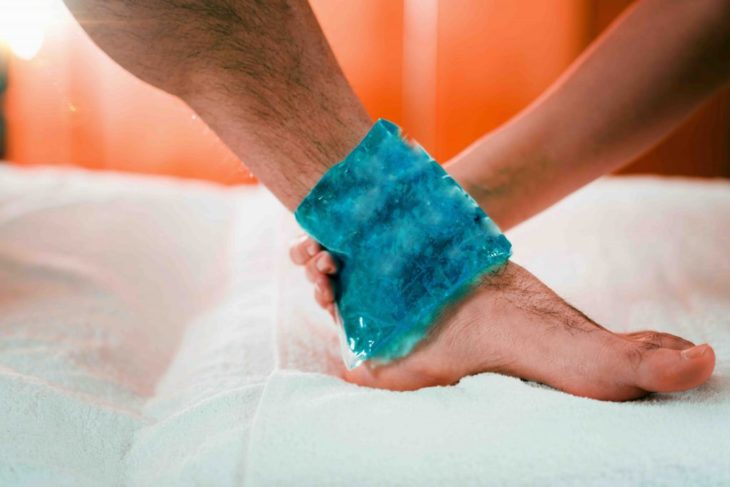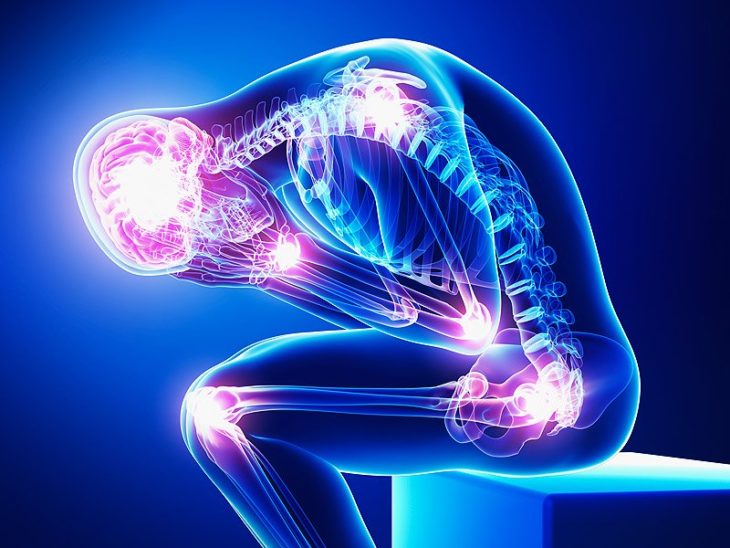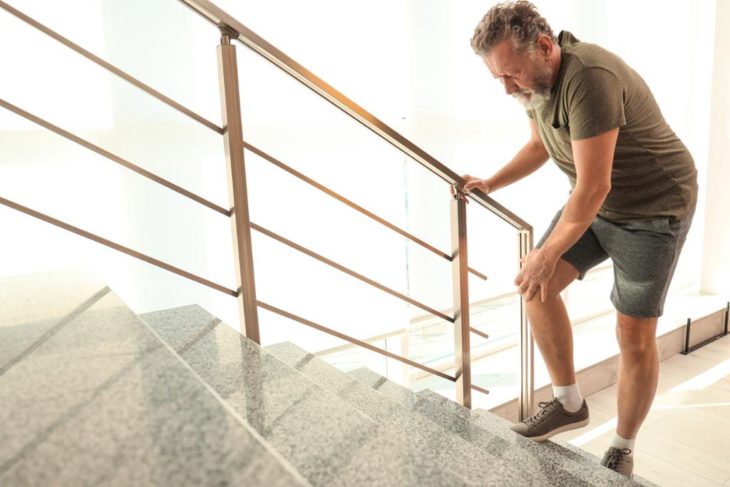If you’re reading this article, then chances are you’ve sustained one or two injuries so far in your life. Injuries can be the culmination of different things, from safety hazards to injuries sustained from a workout, and even accidents. But regardless of what caused the injury, we can all agree that it is one of the most painful things in life.
When someone gets injured, a recovery process begins so that the area can fully heal. But some damage sustained to your body takes longer to heal than others, and some might have devastating effects that will haunt you forever.
But the recovery process is the most important thing to focus on. A lot of people are uneducated on the subject, so we’ve decided to write a complete article on how to cope with it.
If you happen to be someone that has felt the effect of physical injuries, then this is the article for you.
Contents
The Physical Side
1. Put it Under Ice
This might sound silly but ice helps the recovery process, and you should put the area under ice as soon as possible. Cold temperatures can reduce swelling and inflammation, and ice acts as a way to relieve your pain. Ice can relieve the pain the same as some pain-relief pills. But you shouldn’t do it all the time, and there are limits to how much you can expose the area to the effects of the ice.
For example, a large portion of an athlete’s after-game recovery process is to get into an ice bath. After each and every game, athletes experience pain and swelling, so they start the recovery process by exposing their bodies to extreme temperatures. But this shouldn’t be done for more than 20 minutes, as doing you risks the chance of further complicating other things.

Source: Dr. Aaron And Associates
2. Continue Moving the Area
One way to cope with your injury, and to prevent it from spreading to other areas, is to constantly tense the area by moving. But, as one might suggest, not all types of movement can help you cope with the injury, and most can be devastating. Because of this, you should always contact a professional to let you know which movements you can and cannot perform. By moving the muscles around the injured area, you are keeping them strong so that the scar tissue doesn’t come into contact with eighter muscle or bones.
3. Focus on Your Body
Numerous athletes have said that their injuries have given them opportunities to focus more on their bodies and to connect on a deeper level. The best way to cope with your injury is to pay attention to how your muscles react with each movement. The recovery process should not be the most important thing and you should go about your day in a normal sense. When injured, your body will give signals during recovery. This is usually pain, and the pain will be distributed to different areas surrounding the injury. To cope better, you need to acknowledge what your body needs from you. It could be the call for rest, or the call for light training to stiffen the muscles. But regardless of the needs, you need to listen to what your body says.

Source: Edmonds
4. Get Help From a Professional
Different types of injuries take more or less time to heal. If a minor injury hasn’t improved after a week or two, then it might be best to talk to a professional. If you don’t treat your injury properly, it can have devastating effects on your body; and some can be permanent. There is also a type of injury that can be considered catastrophic. If you sustain such an injury, then there is very little you can do on your own and your best course of action would be to consolidate with a professional. Paralysis, amputation, permanent disfigurement or brain damage from a traumatic brain injury are all considered catastrophic injuries says attorneys at Delius & McKenzie, PLLC.
These were all tips on what to do in coping with the physical part of the injury, now we will discuss what to do with the emotional side.
The Emotional Side
1. Reach Out for Help
The damage sustained from an injury can sometimes be emotionally draining. Athletes are the ones that mostly experience this type of pain since they cannot do the things they’re meant to do. When in this state of mind, it’s best to reach out for help with friends, family, and people who’ve suffered the same as you. People that suffer from chronic pain issues can help you the most is how to emotionally cope with your injury.

Source: Medscape
2. Put Your Mind To Something Else
Obsessing about your injury will only do you more harm than good. So, to avoid any additional psychological damage, it’s best that you put your mind to something that will take the focus away from your injury. Maybe start a birdhouse-building hobby, start binging a Netflix show, even try and improve your artistic side. The main thing is to keep yourself busy, as time will pass faster this way.
3. Move On From It
There is no point in being upset that you experience chronic pain from your injury; it’s time to move on. We know it can be hard to get out of bed because of it, but moving past this obstacle will only make you happier. Even if you feel devastated and can’t get out of bed, do know that it is OK to feel that way. But you need to stop feeling sorry for yourself and try to move on from it. When feeling down, angry, frustrated, and even miserable, try to remind yourself that you will get the better out of your injury, and not the other way around.

Source: Twitter
4. Learn From It
If your injury has prevented you to do the things that you love most in life, try to use that to your advantage. Many athletes have never made it to the big leagues due to injuries sustained at the early stages of their careers. The best thing you can do in this case is to learn from it and be a person that will help others. If your injuries have prevented you from going professional, become a person that will teach and help those so that it doesn’t happen to them.
